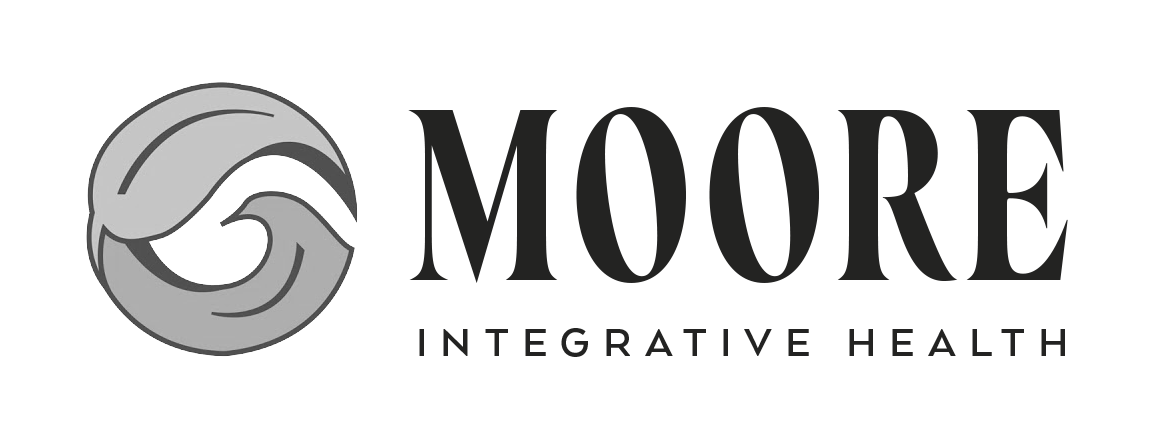Understanding Protein Maldigestion: Symptoms and Solutions for Better Digestion
The Buzz Around Protein
In recent years, protein has been at the forefront of health and nutrition discussions, and for good reason. It plays a vital role in building and repairing tissues, producing enzymes and hormones, and supporting overall health. From athletes to older adults, the emphasis on adequate protein intake is louder than ever. However, while increasing protein consumption can offer numerous benefits, it's essential to ensure that your body can effectively digest and utilize it. Protein maldigestion can turn this crucial nutrient into a source of discomfort rather than nourishment.
What is Protein Maldigestion?
Protein maldigestion occurs when the body cannot properly break down and absorb protein from the foods we eat. This can be due to a lack of digestive enzymes, poor gut health, or other underlying issues. When proteins are not adequately digested, they can ferment in the gut, leading to a variety of uncomfortable symptoms.
Symptoms of Protein Maldigestion
Recognizing the signs of protein maldigestion is the first step towards addressing it. Common symptoms include:
**Bloating and Gas**: Undigested protein can ferment in the gut, leading to excessive gas and bloating.
**Abdominal Pain**: Discomfort and cramps in the abdomen may occur after eating protein-rich foods.
**Fatigue**: Poor digestion can result in nutrient deficiencies, causing overall fatigue and sluggishness.
**Nausea**: Feeling nauseous, especially after meals, can be a sign of protein maldigestion.
**Diarrhea or Constipation**: Disruption in digestion often leads to irregular bowel movements.
**Bad Breath**: Fermentation of undigested protein can cause foul-smelling breath.
Why Proper Protein Digestion Matters
Adequate protein intake is crucial for everyone, but it becomes even more important as we age. Most individuals need at least 1-1.5 grams of protein per kilogram of body weight to maintain muscle mass, support immune function, and ensure overall health . For example, a person weighing 70 kilograms (154 pounds) should aim for 70-105 grams of protein per day. As we get older, our protein needs increase due to the natural loss of muscle mass and changes in metabolism .
However, consuming more protein without ensuring proper digestion can exacerbate symptoms and lead to further health issues. Therefore, it’s essential to focus not only on the quantity but also on the quality of protein digestion.
Tips to Improve Protein Digestion
If you suspect you might be experiencing protein maldigestion, there are several strategies you can implement to improve your digestive health:
1. **Chew Thoroughly**: Digestion begins in the mouth. Chewing food thoroughly helps break it down into smaller, more manageable pieces, making it easier for digestive enzymes to do their job .
2. **Eat Mindfully**: Stress and hurried eating can impair digestion. Take time to eat in a relaxed environment, focusing on your meal without distractions .
3. **Digestive Enzymes**: Consider supplementing with digestive enzymes, particularly proteases, which help break down protein into amino acids. This can be especially helpful if your body is not producing enough enzymes naturally .
4. **Probiotics**: A healthy gut microbiome is crucial for proper digestion. Probiotics can help balance gut bacteria and improve overall digestive health .
5. **Hydration**: Drink plenty of water throughout the day to support digestion. However, avoid drinking large amounts of water during meals, as it can dilute digestive enzymes .
6. **Balanced Diet**: Incorporate a variety of fruits, vegetables, and fiber-rich foods in your diet to support a healthy digestive system. Fiber helps move food through the digestive tract and supports gut health .
7. **Smaller, Frequent Meals**: Eating smaller, more frequent meals can be easier on your digestive system than large, heavy meals .
8. **Address Underlying Health Issues**: Conditions like low stomach acid, gallbladder problems, or food intolerances can contribute to protein maldigestion. Work with a healthcare professional to identify and address any underlying health issues .
Conclusion
Protein is an essential nutrient that supports numerous bodily functions, especially as we age. However, proper digestion is key to reaping its benefits. By recognizing the symptoms of protein maldigestion and taking steps to improve your digestive health, you can ensure that your body gets the most out of this vital nutrient. Focus on mindful eating, supporting your gut health, and addressing any underlying issues to optimize protein digestion and enhance your overall well-being. Remember, it’s not just about how much protein you eat, but how well your body can use it.
References
1. Phillips, S. M., & Chevalier, S. (2013). Protein requirements for older adults. Nutrition in Aging, 2(1), 1-7.
2. Wolfe, R. R. (2006). The underappreciated role of muscle in health and disease. The American Journal of Clinical Nutrition, 84(3), 475-482.
3. Volpi, E., Nazemi, R., & Fujita, S. (2004). Muscle tissue changes with aging. Current Opinion in Clinical Nutrition and Metabolic Care, 7(4), 405-410.
4. Forde, C. G., Leong, C., Chia-Ming, E. N., & McCrickerd, K. (2017). Fast or slow—chewing impacts satiety and meal size. Appetite, 111, 156-165.
5. Kabat-Zinn, J. (2003). Mindfulness-based interventions in context: Past, present, and future. Clinical Psychology: Science and Practice, 10(2), 144-156.
6. Keller, J., & Layer, P. (2005). Human pancreatic exocrine response to nutrients in health and disease. Gut, 54(1), i1-i28.
7. Sanders, M. E., Merenstein, D. J., Reid, G., Gibson, G. R., & Rastall, R. A. (2019). Probiotics and prebiotics in intestinal health and disease: From biology to the clinic. Nature Reviews Gastroenterology & Hepatology, 16(11), 605-616.
8. Leiper, J. B. (2015). Fate of ingested fluids: Factors affecting gastric emptying and intestinal absorption of beverages in humans. Nutrition Reviews, 73(2), 57-72.
9. Anderson, J. W., Baird, P., Davis, R. H., Ferreri, S., Knudtson, M., Koraym, A., & Williams, C. L. (2009). Health benefits of dietary fiber. Nutrition Reviews, 67(4), 188-205.
10. Mattes, R. D. (2005). Dietary compensation by humans for supplemental energy provided as ethanol or carbohydrate in fluids. Physiology & Behavior, 82(5), 843-852.
11. Rehfeld, J. F. (2011). The natural history of cholecystokinin—pancreozymin. Annals of the New York Academy of Sciences, 1220(1), 49-53.
